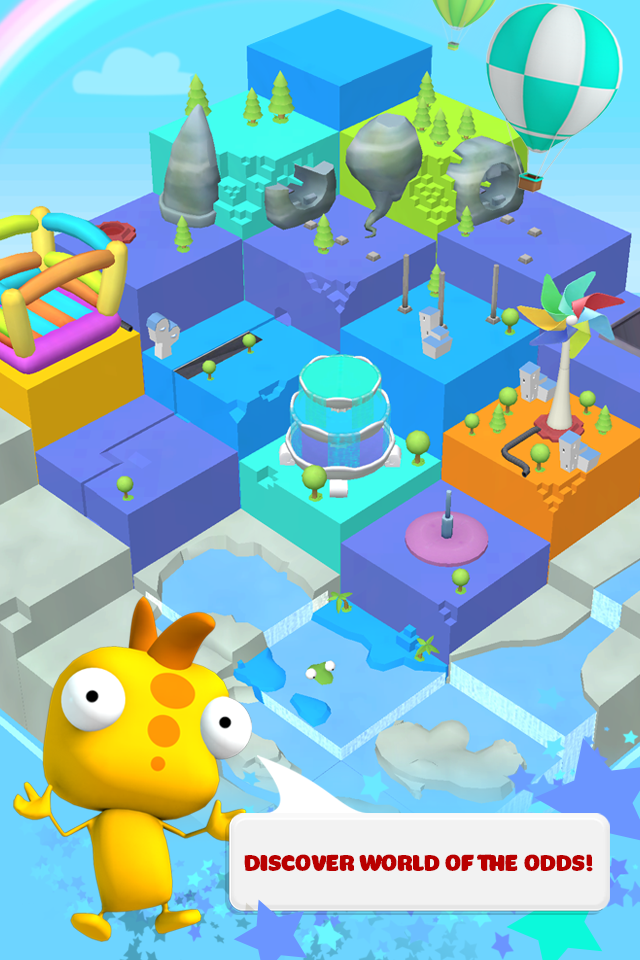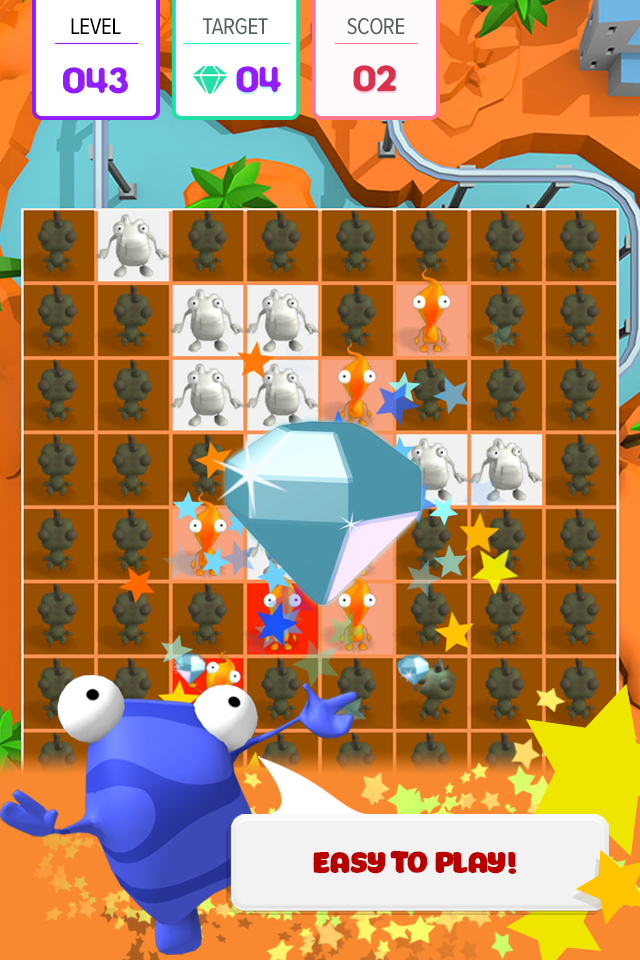Help the fight against cancer by downloading a game onto your smartphone. Reverse The Odds needs your help to reach its goal of analyzing 5 million cancer slides by the end of March. Channel 4 in a joint effort with Stand Up to Cancer and Cancer Research UK created the game to analyze slides at a much faster rate than researchers can in a lab.
The game’s setup is pretty simple. As a citizen scientist, you must analyze a cancer slide in order to play the Reverse The Odds fun puzzle games. The game walks you through what you should look for in the slides and you’re given a potion as a reward upon completion. Analyzing a slide takes less than 15 seconds, but it helps Cancer Research UK in the long haul.
iDigitalTimes spoke to Colin Macdonald, Channel 4 games commissioner and head of All 4 Games, about its Emmy Award-winning mobile game it launched in 2014. In the two years since Reverse The Odds ’ release, players have analyzed close to 4.5 million cancer slides.
“There’s nothing ‘icky’ about [the cancer slides]. You’re looking at microscopic images of these cancerous cells. We’re asking people questions image analysts are [looking for], like how many cells are this sort of size or color because they are not all regular shapes and sizes and colors,” Macdonald said. “We then compare everyone’s results against each others. We ask five people the same question about each slide. If all five people’s results are completely different we go, ‘Okay, we don’t know what the story is with this slide let’s put it back in the mix.’”


Reverse The Odds doesn’t tell you what type of cancer cell you’re looking at or give you any information about the person. It’s not meant to put any pressure on the player to help diagnosis someone; that’s not the point of Reverse The Odds . Players are essentially helping cancer researchers weed through the slides to find unique examples that may contain new information that may help find a cure.
The less time Cancer Research UK researchers have to spend analyzing cancer cells that don’t provide new information, the more time they have to study the unique samples to see what’s going on. Reverse The Odds takes out a cancer slide once five players in the game comes to a consensus. The information about that slide is then sent to Cancer Research UK and it takes it from there. That slide is then replaced with a new one and the cycle continues.
“Cancer Research UK’s scientists choose which cancer data sets that should be used in the game,” Macdonald said. “They make sure the ones that the results are useful to them, that their data is visually interesting and will work in the game, that then data is plugged into the system. When enough players have analyzed it, the results go back to them. It’s kind of like hunting for a needle in the haystack. They don’t care about the results of every individual slide. There’s certain things they’re looking for. We’re using our players to find those needles in the haystack rather than the scientists to go through millions of slides. We want the [scientists] to focus on the needles that have been found.”
Cancer Research UK wants to find a cure for cancer. Reverse The Odds players have helped scientists get months closer to finding a cure, according to Macdonald. So forget about Candy Crush on your subway ride home from work. Download Reverse The Odds and take 15 minutes to help cancer research.
Learn more about Reverse The Odds on the game’s official website here . Reverse The Odds is available on iOS and Android devices.


















